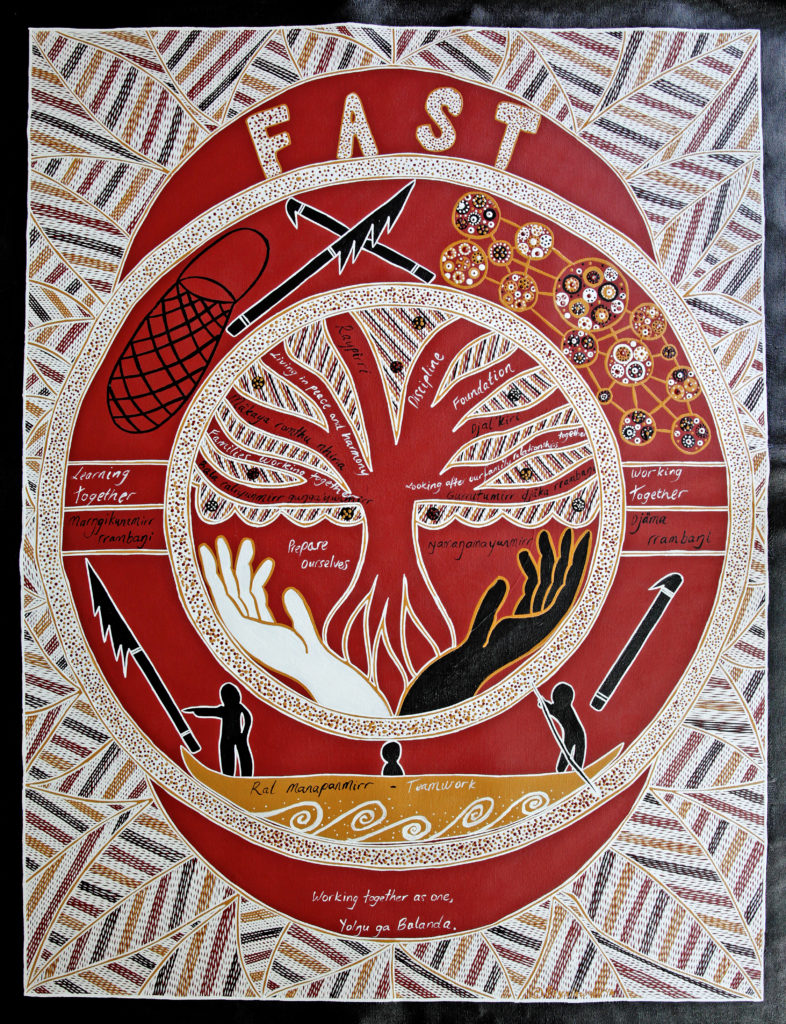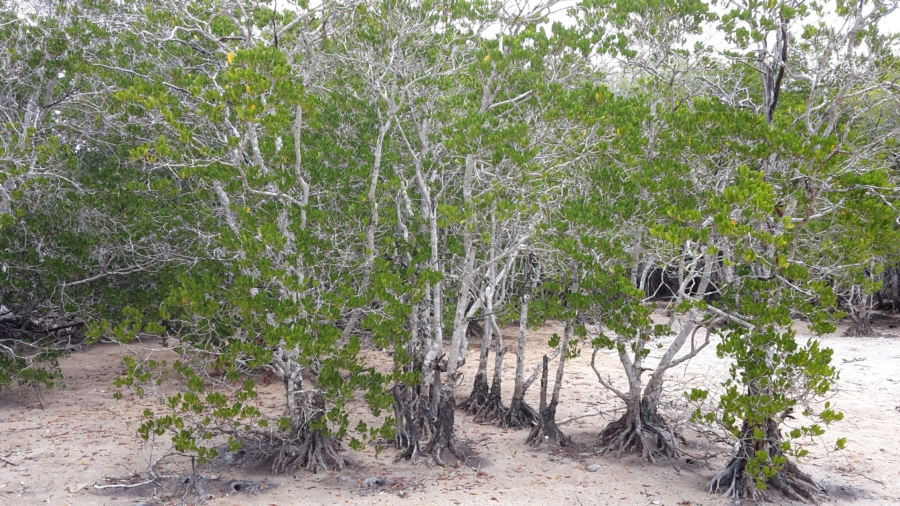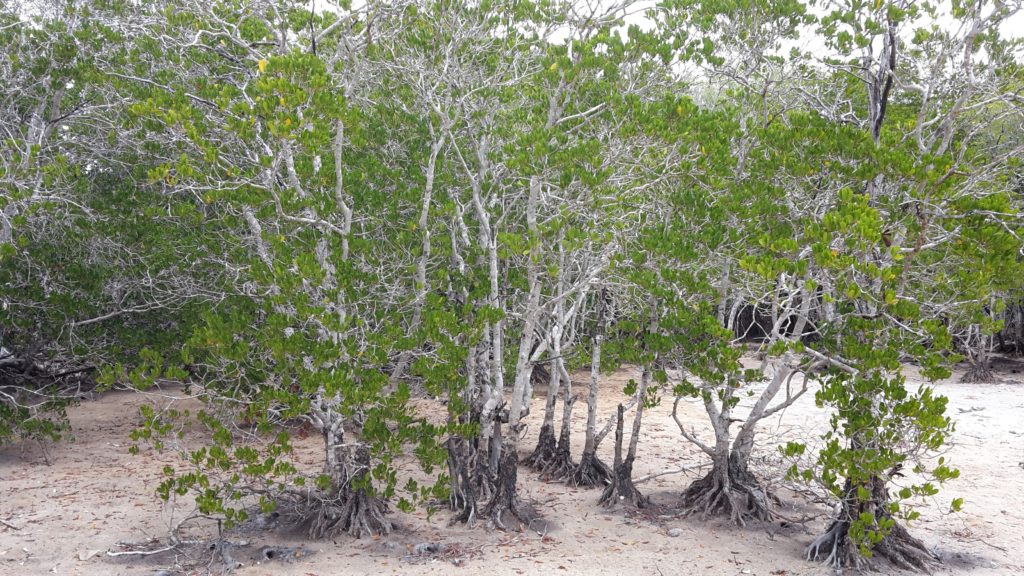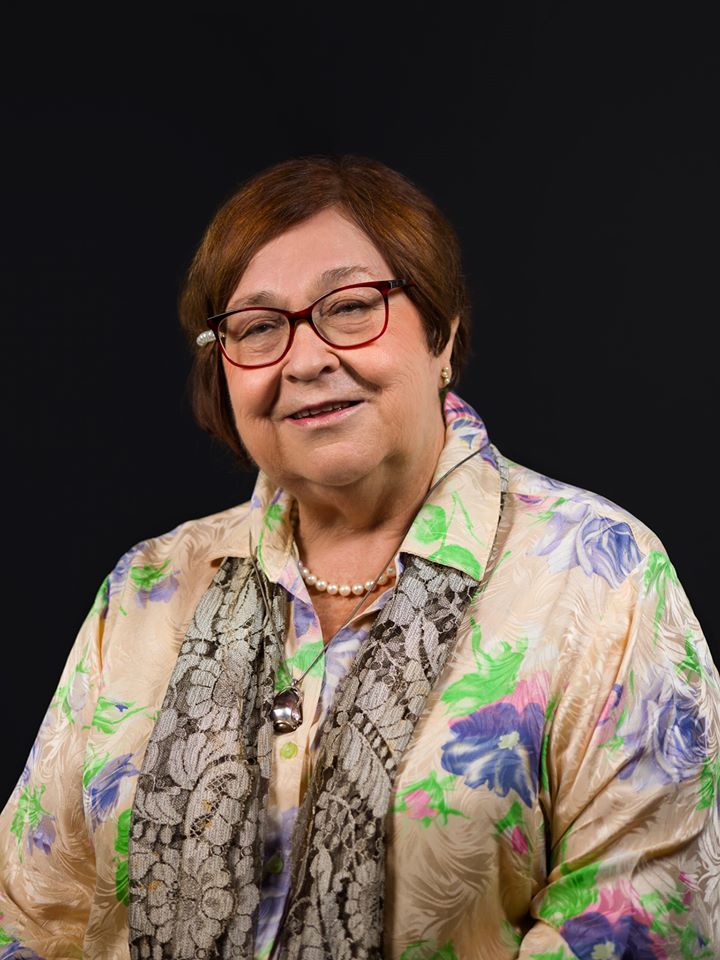
Pamela’s Trotman’s social work career began in Redfern over 50 years ago. She has worked in a range of settings from child protection to mental health, taking her on many journeys of healing alongside trauma survivors including the Stolen Generations, refugees and those experiencing family violence and sexual abuse. It is these experiences as well as her own journey of recovery from child sexual abuse and multiple traumatic losses, that has inspired Pamela’s new book ‘Triumphing Over Trauma: Journeys Beyond Woundedness”.
It is a pleasure to have her back on the show, after our first interview in 2017 to talk about her own experience of personal and family trauma and how it has inspired her first book.
In episode 33 of ‘Talk the Walk’, we explore:
- The journey of writing a book as a wounded healer for the traumatically wounded
- The nature of Pam’s personal and family tragedies, and the realisations that informed her understanding of the impact of trauma and what truly matters in recovery
- What is traumatic wounding and the seven forms of traumatic wounding
- The capacity for the brain to heal and factors that promote trauma recovery
- The metaphor of crossing the bridge and how family members can help their traumatised loved ones take that first step to get help
- Finding other forms of justice when legal justice is not an option
- The case study of Joanna, a young Aboriginal woman who found her voice, to heal from child sexual abuse
- The role of the therapist in walking alongside people in triumphing trauma, as enrichment rather than depletion
To listen to this episode simply click on the Play button below or listen via the Stitcher App for iOS, Android, Nook and iPad.
You can also subscribe to podcast and blog updates via email from the Menu on the Home Page.
Don’t forget, if you or someone you know would make a great interview on ‘Talk the Walk’, send us an email from the Contact Page.
Things to follow up after the episode
To listen to this episode simply click on the Play button below or listen via the Stitcher App for iOS, Android, Nook and iPad.
Listen to Stitcher
You can also subscribe to podcast and blog updates via email from the Menu on the Home Page.
Don’t forget, if you or someone you know would make a great interview on ‘Talk the Walk’, send us an email from the Contact Page.
Things to follow up after the episode
Noah Publishing – where to purchase ‘Triumphing over Trauma: Journeys beyond woundedness”
Mark Moran – Serious Whitefella Stuff: When Solutions Became the problem in Indigenous Affairs
Pamela Trotman author and social worker on Facebook
Access YouTube videos by Pamela Trotman including Crossing the Bridge to Trauma Recovery
Contact Pamela Trotman info.noahpublications.au@gmail.com
Check out Pam’s other interview on ‘Talk the Walk’
Podcast: Play in new window | Download
Subscribe: RSS

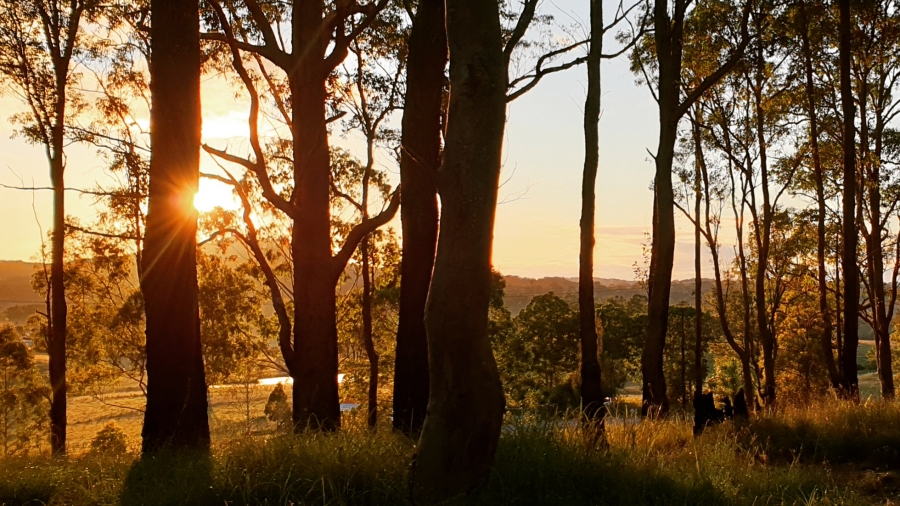

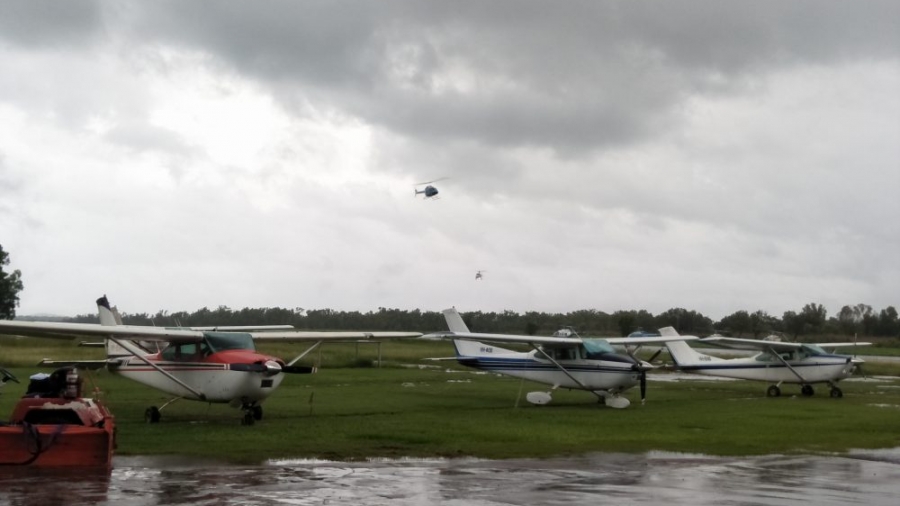
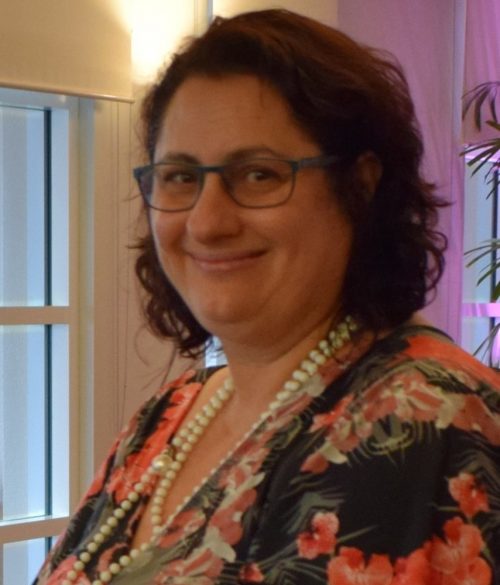
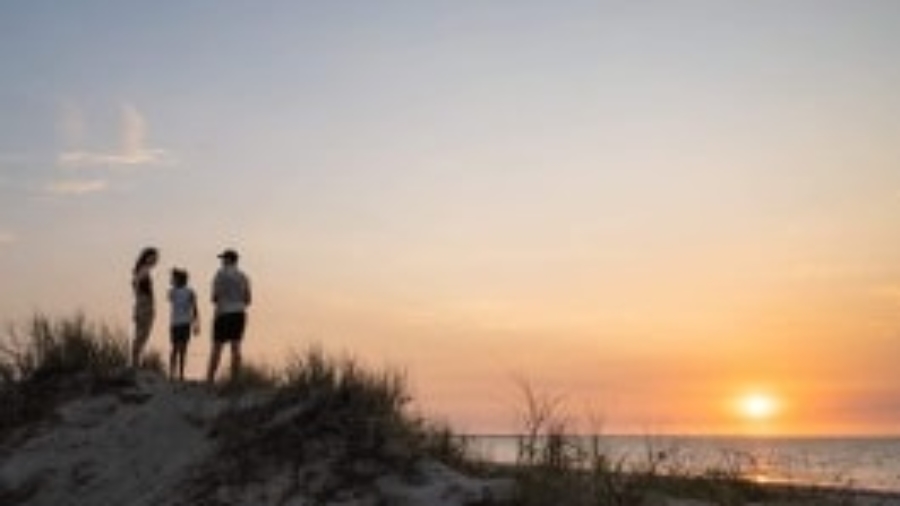
 How do you combine a love of travel with social work and human rights advocacy? Just ask Anna McCracken. Anna has been roaming around remote Australia in her 4 wheel drive since 2013, listening to the stories of First Nations Australians and shaping the roll-out of the NDIS.
How do you combine a love of travel with social work and human rights advocacy? Just ask Anna McCracken. Anna has been roaming around remote Australia in her 4 wheel drive since 2013, listening to the stories of First Nations Australians and shaping the roll-out of the NDIS.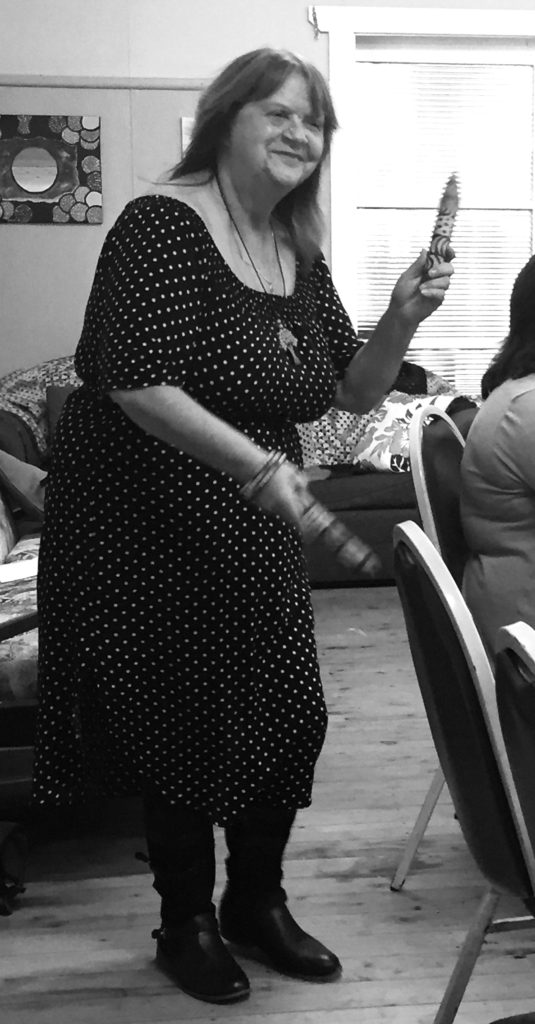
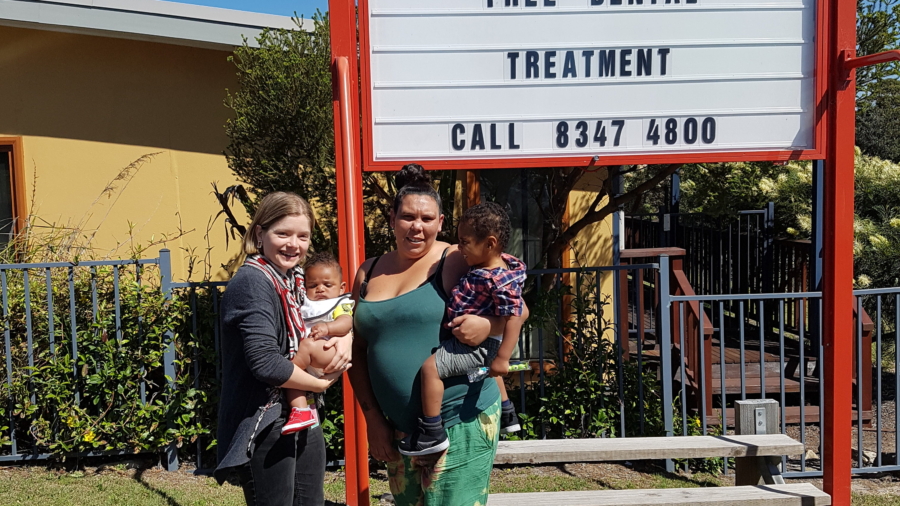
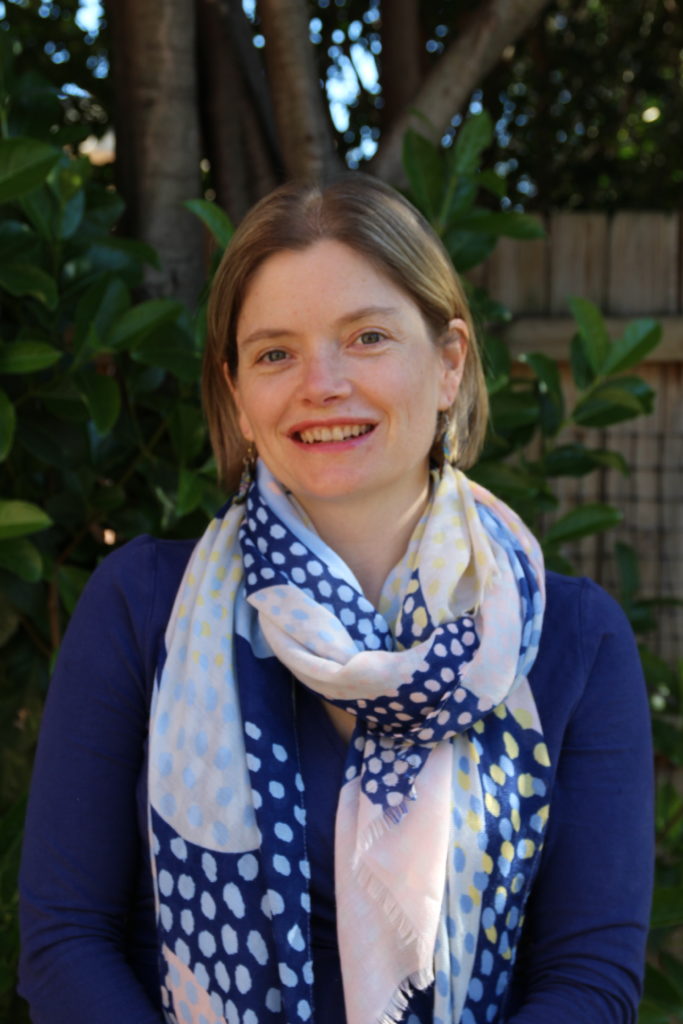
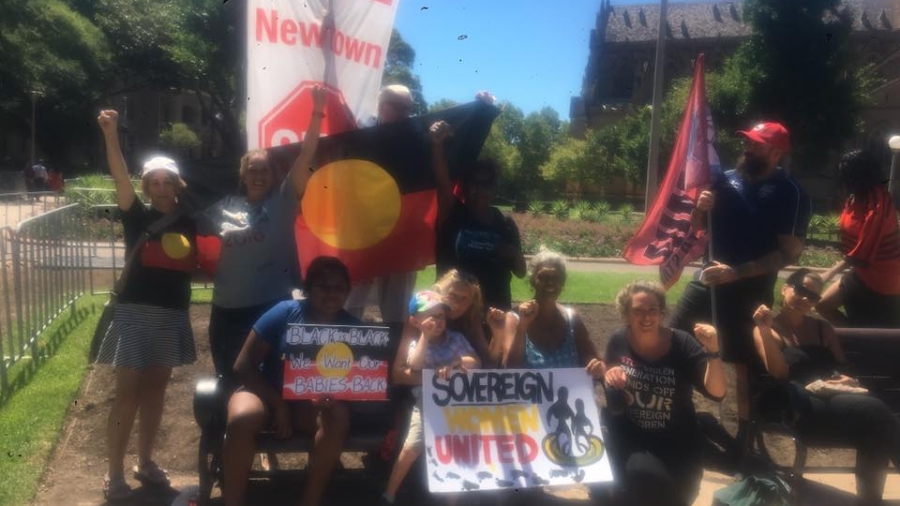
 Driven by personal family interests as well as deeply held values and a commitment to self determination, Sami shares the ingredients that have made practising Indigenous policy and advocacy work successful as a non-Indigenous woman. Social work students considering their future placements will find this episode invaluable and current non-indigenous practitioners will discover pearls of wisdom for standing alongside our Indigenous brothers and sisters for recognition and justice.
Driven by personal family interests as well as deeply held values and a commitment to self determination, Sami shares the ingredients that have made practising Indigenous policy and advocacy work successful as a non-Indigenous woman. Social work students considering their future placements will find this episode invaluable and current non-indigenous practitioners will discover pearls of wisdom for standing alongside our Indigenous brothers and sisters for recognition and justice.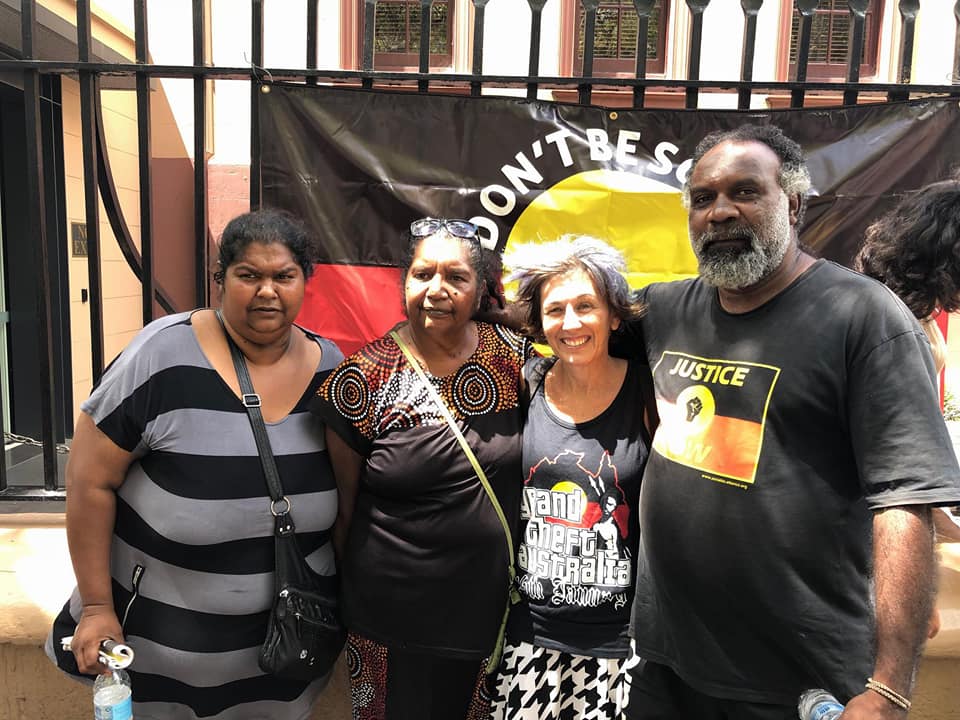
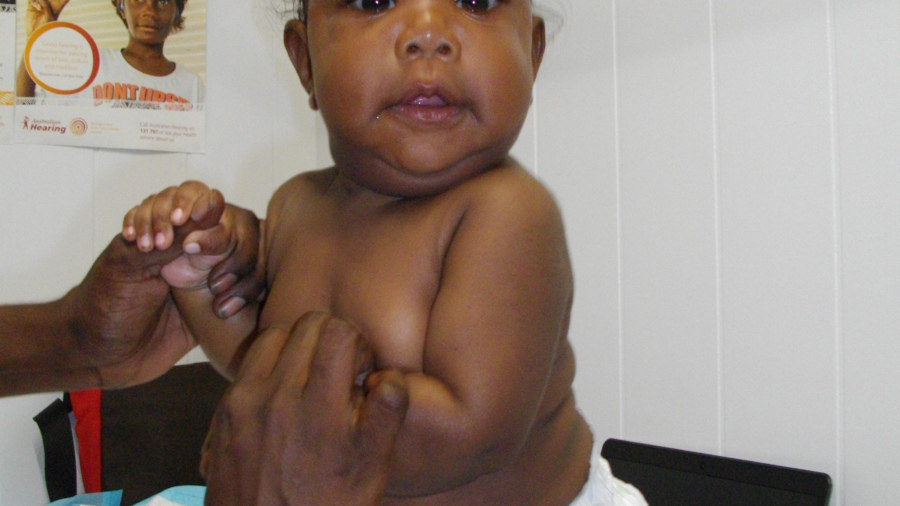
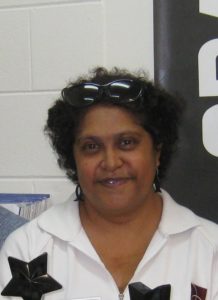 It is a short but oh so sweet conversation, this week on ‘Talk the Walk’. As is so often the case, social workers are busy people and taking a half hour out of the daily schedule is precious time. My guest is Diana Jans, an Aboriginal maternal health social worker with Apunipima Cape York Health Council. After several years working as a teacher with vulnerable children, it was obvious to Diana she needed more skills to be able to meet their needs. Join me, as we take a quick trip down memory lane with Diana and discover what it takes to be a remote social worker.
It is a short but oh so sweet conversation, this week on ‘Talk the Walk’. As is so often the case, social workers are busy people and taking a half hour out of the daily schedule is precious time. My guest is Diana Jans, an Aboriginal maternal health social worker with Apunipima Cape York Health Council. After several years working as a teacher with vulnerable children, it was obvious to Diana she needed more skills to be able to meet their needs. Join me, as we take a quick trip down memory lane with Diana and discover what it takes to be a remote social worker.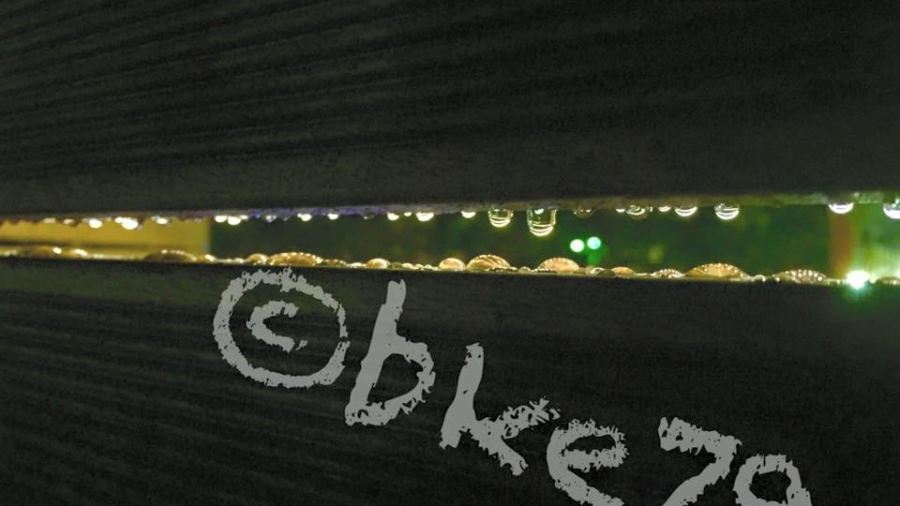
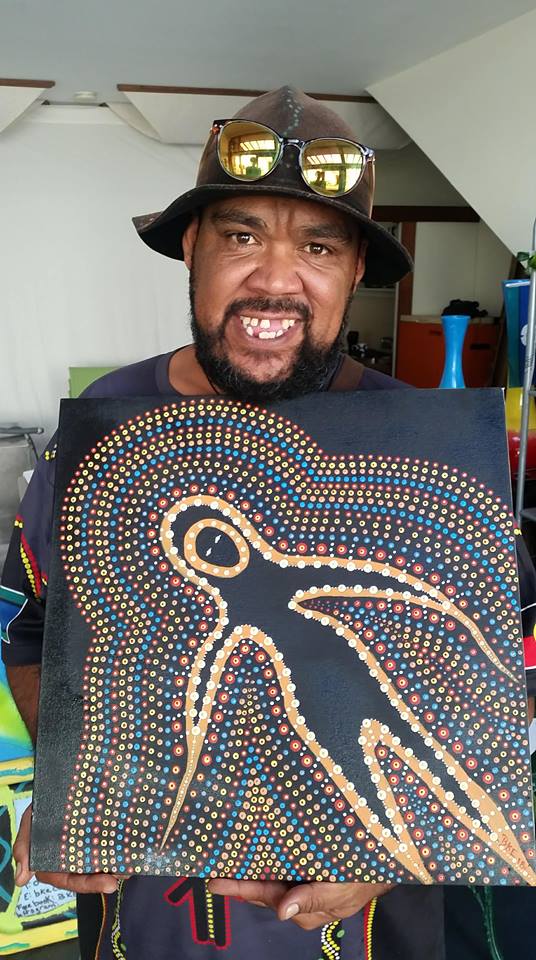 This week on ‘Talk the Walk’ I sit down with Bernard Kelly-Edwards in the middle of his tiny art shop in the thriving alternative community of Bellingen. Bernard is surrounded by paintings, expressions of who he is, a local Gumbayngirr man, and symbols of the deep spiritual connection to country that he shares with others.
This week on ‘Talk the Walk’ I sit down with Bernard Kelly-Edwards in the middle of his tiny art shop in the thriving alternative community of Bellingen. Bernard is surrounded by paintings, expressions of who he is, a local Gumbayngirr man, and symbols of the deep spiritual connection to country that he shares with others.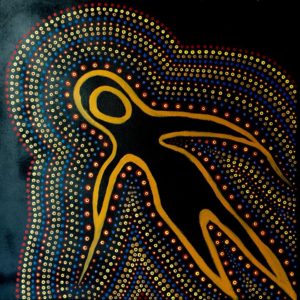
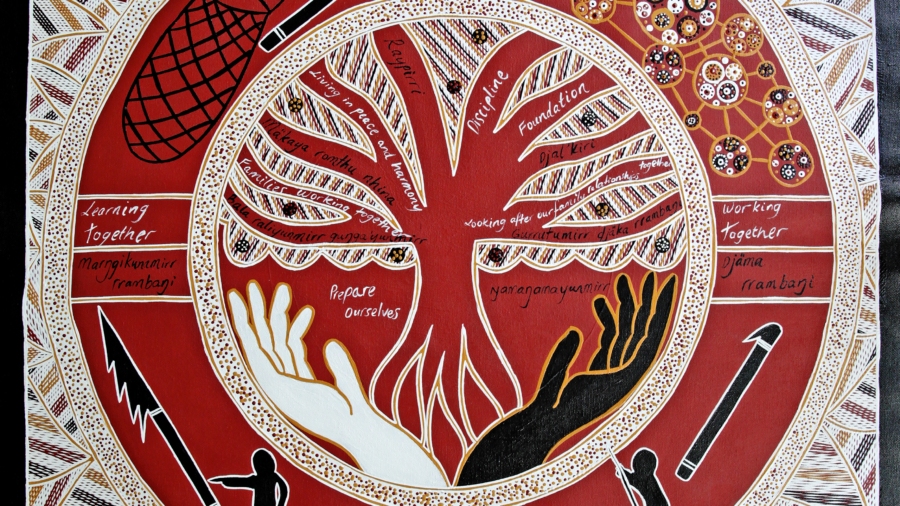
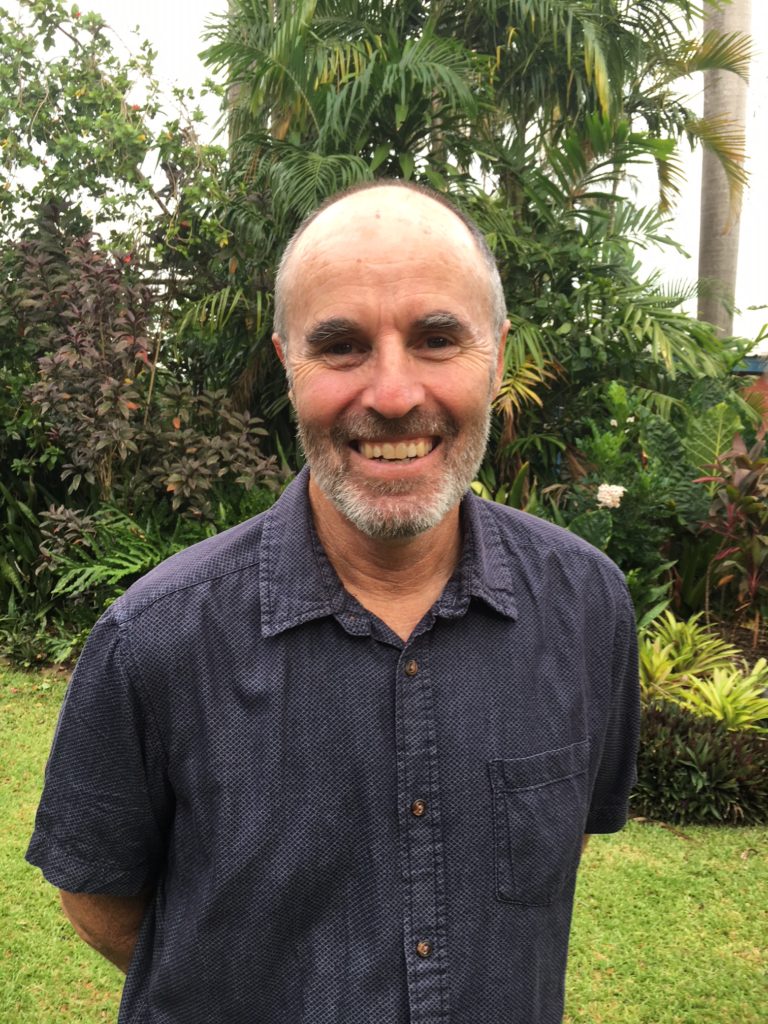 In this episode of Talk the Walk, we delve into the working life of Malcolm Galbraith, Manager of Families and Schools Together (FAST) in the Northern Territory. We discover not only what makes FAST one of the most successful strengths-based programs in remote Australia, but what drives the man behind the project. A man of strong Christian faith, Malcolm admits some of his ideas might be controversial, yet the evidence speaks for itself – Yolngu people love it! Before you scoff at the idea of bringing an American-based program into an Indigenous Australian context, listen to this story. As intriguing as it is thoughtful, this behind the scenes tour of FAST NT may just turn your worldview on its head.
In this episode of Talk the Walk, we delve into the working life of Malcolm Galbraith, Manager of Families and Schools Together (FAST) in the Northern Territory. We discover not only what makes FAST one of the most successful strengths-based programs in remote Australia, but what drives the man behind the project. A man of strong Christian faith, Malcolm admits some of his ideas might be controversial, yet the evidence speaks for itself – Yolngu people love it! Before you scoff at the idea of bringing an American-based program into an Indigenous Australian context, listen to this story. As intriguing as it is thoughtful, this behind the scenes tour of FAST NT may just turn your worldview on its head.